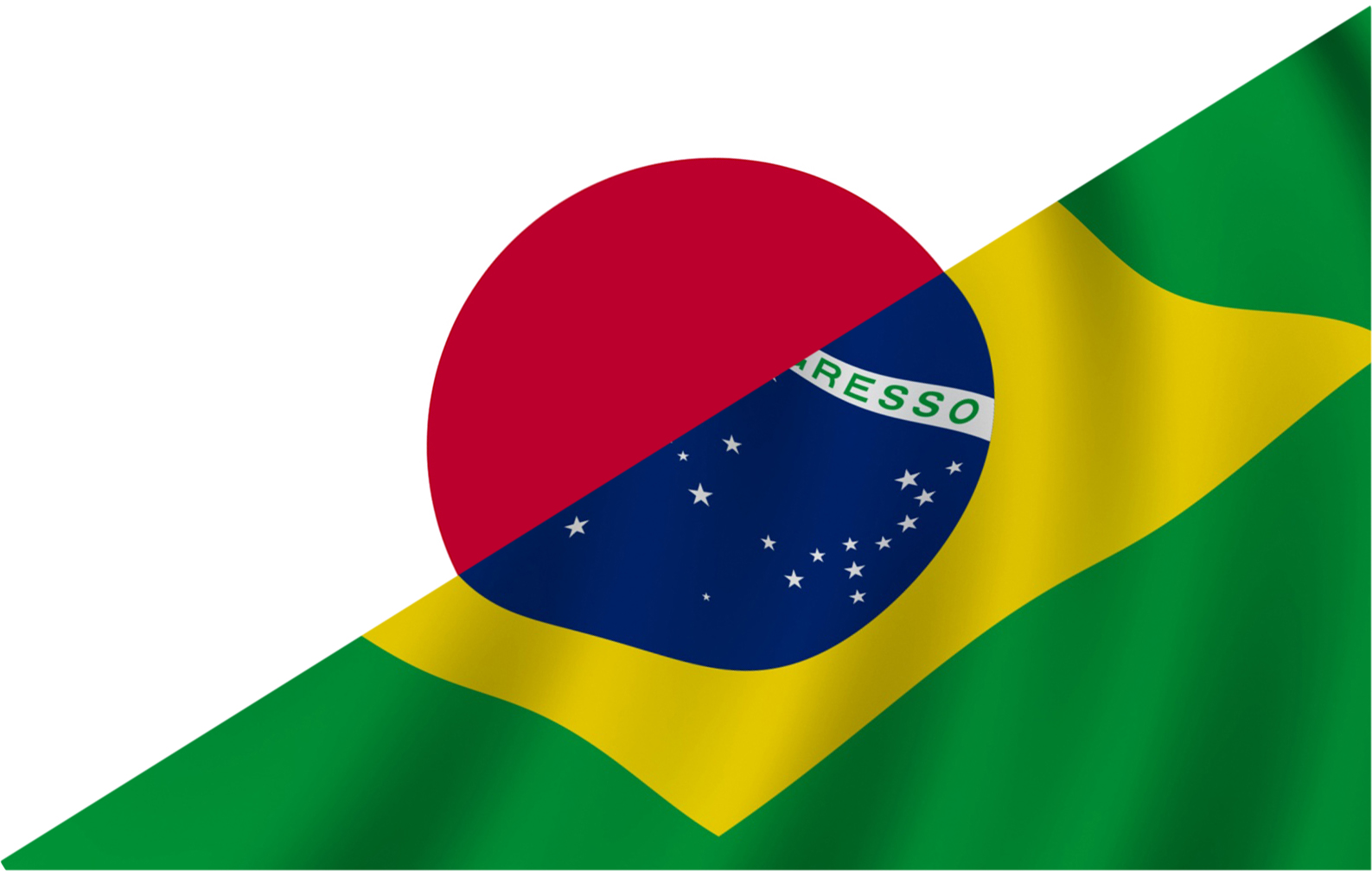
Ted Mack’s central thesis consists of the existence of acquired alterity within the Japanese migrants of Japan. He argues that the action of migrating to Brazil fundamentally changes the Japanese migrant- not only their physical location. This thesis is largely supported by the supporting thesis analyzing the depiction of Japanese migrants in Japanese literature as overly sexual being who have a difference in culture fundamentally. He references the story of Ulma, a Japanese migrant who exploits his fellow working men in order to achieve greater wealth and prosperity for himself, as well as the extreme sexual exploitation of Hanoka who prides herself on her sexuality and Brazillian culture. He also compares the interests of Japanese literature in Brazil, which slightly contradicted the idea of alterity as Books popular in Brazil mirrored those popular in japan, but they were higher cost, despite most of the newspaper consumption stemming from Local(Brazilian) producers and distributors.
After the talk, I asked Professor Mack about Brazilian Migrants emigrating back to Japan, to which I was reminded heavily of the Zainichi experience. I was told that despite their origins, the migrants are unable to pass in Japan, and this different culture prevents them an outsider of their own culture- to an even greater extent than the Zainichi. I also thought it was interesting to talk about the treatment of Japanese migrants in the United states. We have analyzed the presence of “non-traditional” food present in America stemming from Japanese immigration, but have not looked into the reasoning behind the migration- as composed to an analysis of western occupation in Japan or the Japanese occupation of territories leading up to WWII.
All considered, the talk was definitely eye opening towards my consideration of Japanese literature and culture. While I am familiar with the Japanese diaspora and the different locations that they traveled to, I have thought little on the combined cultural impact. Unlike Brazil with a strong individual culture, the United States being composed of a variety of cultures seems to promote the ability to better maintain one's cultural identity- as it is one prevailing culture and tradition with small interaction with hundreds of other cultures. By comparison, the singular strong culture of Brazil seems to demand an adaptation to a certain extent in order to succeed, leading to this alterity. I think it would be interesting to compare the depiction of Brazilian cinema and Japanese migrants in Brazil to Japanese domestic cinema in order to determine the modern impact of alterity rather than simply looking at literature for the depiction- often stemming from the initial diaspora.

No comments:
Post a Comment